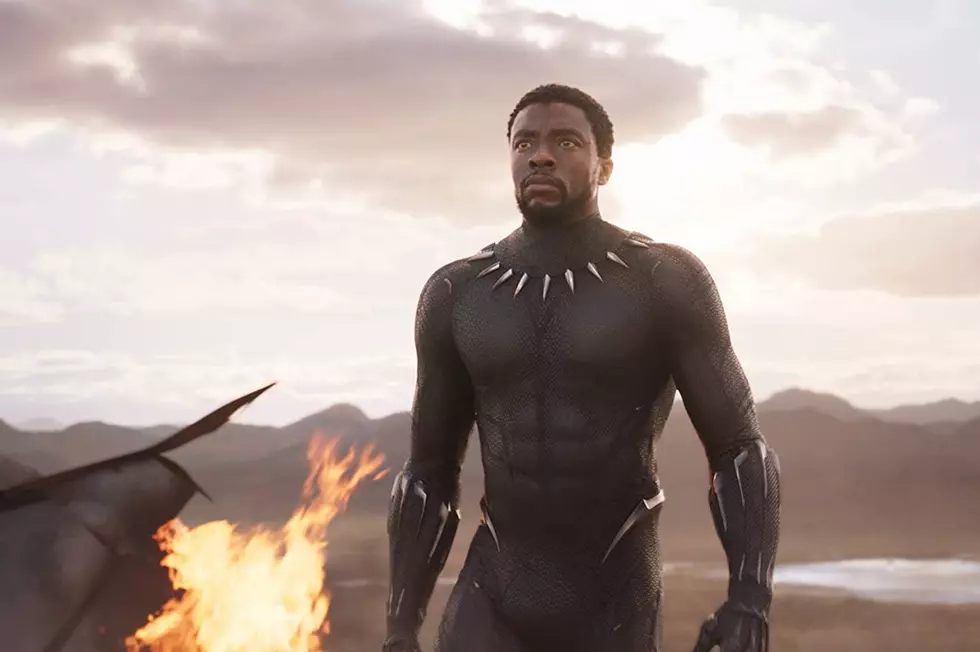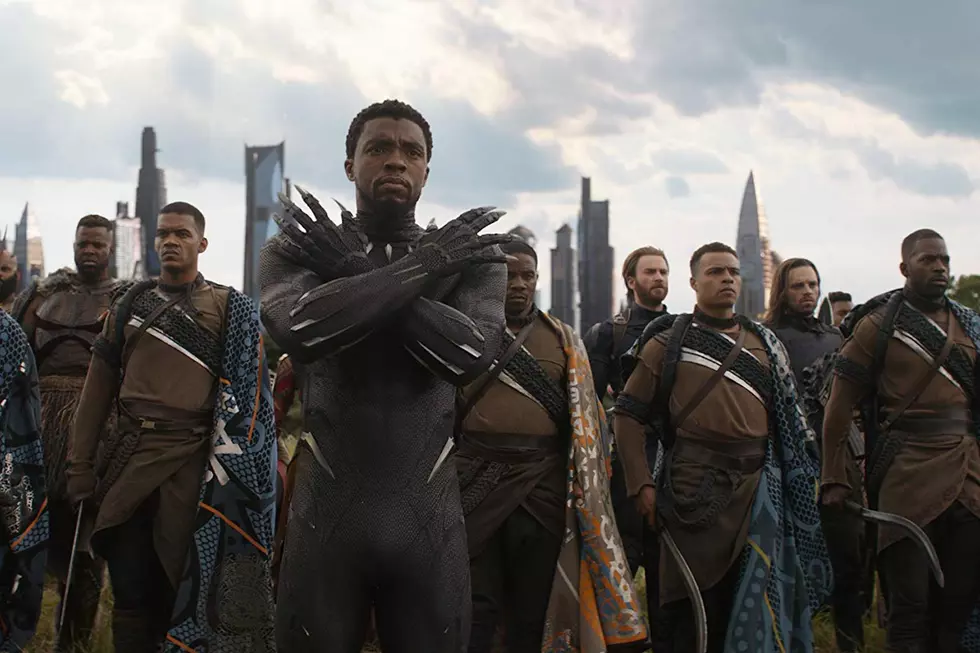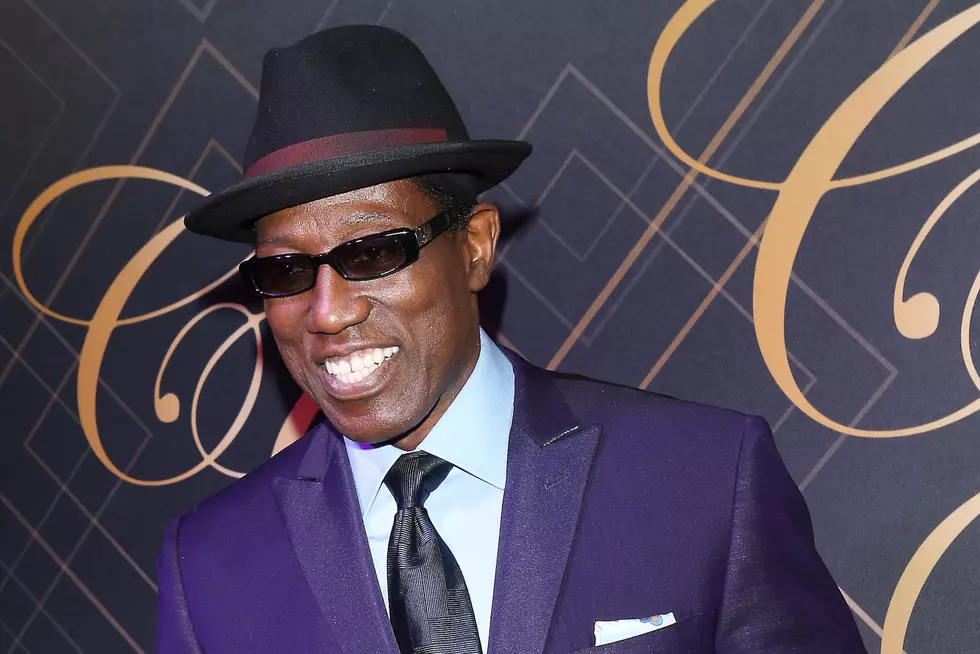
Wesley Snipes Almost Made ‘Black Panther’ in the ’90s
The 1990s were a decade full of possibility, especially for blockbuster superhero movies. A lot of weird stuff came out of the ’90s, including a plan that was never fully realized to do a Black Panther movie with Wesley Snipes.
While talking to The Hollywood Reporter, Snipes shed some light on the ’90s Black Panther that never was, and why it ultimately never got off the ground. He said the character was important to him because it was a version of blackness and a version of Africa that you just don’t see in most stereotyped portrayals.
I think Black Panther spoke to me because he was noble, and he was the antithesis of the stereotypes presented and portrayed about Africans, African history, and the great kingdoms of Africa. It had cultural significance, social significance. It was something that the black community and the white community hadn’t seen before. Many people don’t know that there were fantastic, glorious periods of African empires and African royalty — Mansa Musa [emperor of the West African Mali Empire] and some of the wealthiest men in the world compared to the wealth of today. That was always very, very attractive. And I loved the idea of the advanced technology. I thought that was very forward thinking.
Though the movie never happened, Snipes never thought it was because audiences weren’t ready to see that kind of hero.
Black Panther is an iconic character who much of the world was unfamiliar with and the communities that I grew up in would love. Look, from the days of William Marshall playing Blacula in the 1970s black flicks and the fervor you found inside the black and Hispanic communities, it never crossed my mind that the audience wouldn’t be down with it.
He explained that the director he ended up seriously talking to about it, John Singleton, had a very different idea of where he wanted to go. Snipes knew it was important to distinguish Black Panther the Marvel superhero from Wakanda from the Black Panthers of the American civil rights movement, but Singleton instead wanted a grounded story about T’Challa joining the civil rights activist organization. Snipes, instead, wanted to see the technologically advanced utopia of Wakanda, but he knew that the tech of the era just wasn’t there.
Ultimately, we couldn’t find the right combination of script and director and, also at the time, we were so far ahead of the game in the thinking, the technology wasn’t there to do what they had already created in the comic book.
It probably would have been amazing to see a Snipes Black Panther, but I’m also glad that Marvel waited to do the film until now, when moviemaking technology is able to showcase the kingdom of Wakanda and all its cool stuff without looking fake, and when the people working on it are willing to give us the kind of story we want to see. (And Snipes did get to play Blade in several movies that helped launch the modern comic-book movie boom.)
Black Panther opens February 16.
More From 107 JAMZ










